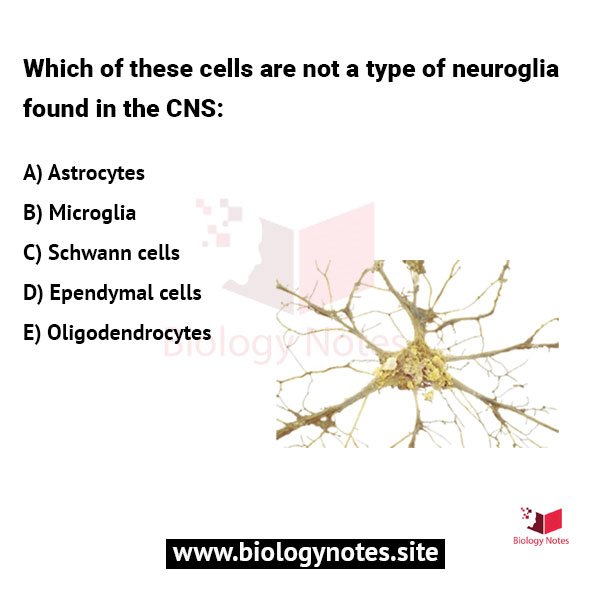Category: Question

General Q&A part-5
What are the stages involved in PCR, and on what does PCR depend? Polymerase Chain Reaction (PCR) is a widely used molecular biology technique for amplifying specific DNA sequences. PCR involves several stages, and it depends on various components and conditions for successful amplification. Here are the main stages of PCR and what PCR depends…

General Biology MCQs
Here are some biology MCQs. 1. Which organelle is responsible for photosynthesis in plant cells? a) Mitochondria b) Nucleus c) Chloroplasts d) Endoplasmic reticulum Answer: c) Chloroplasts Explanation: Chloroplasts are the organelles responsible for photosynthesis, where plants convert sunlight into chemical energy in the form of glucose. 2. Which of the following is NOT a…

General Q&A part-4
What is oncology? Oncology is the branch of medicine that specializes in the study, diagnosis, treatment, and research of cancer. Cancer is a complex group of diseases characterized by the uncontrolled growth and spread of abnormal cells in the body. Oncologists are medical professionals who are trained to diagnose and treat various types of cancer,…

General Q&A part-2
This page contains general Q&A questions asked by curious people. What is biochemistry? Biochemistry is a branch of science that combines principles from both biology and chemistry to study the chemical processes and substances that occur within living organisms. It focuses on understanding the molecular mechanisms that underlie various biological functions and processes, including metabolism,…

General Q&A part-1
This page contains general Q&A questions asked by curious people. How many types of Air pollution? Air pollution can be categorized into several types based on the sources of pollutants, the nature of the pollutants, and their effects on the environment and human health. The main types of air pollution include: Particulate Matter (PM): Particulate…

Which of these cells are not a type of neuroglia found in the CNS
Option C: Schwann cell is the right answer. There are three types of glial cells in the mature central nervous system: astrocytes, oligodendrocytes, and microglial cells. Astrocytes, which are restricted to the brain and spinal cord, have elaborate local processes that give these cells a starlike appearance. The major function of astrocytes is to maintain, in a variety…



